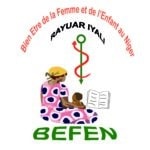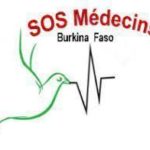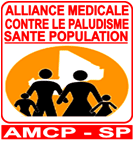Operational Partners
By bringing together the best local and international actors, ALIMA saves lives today and shapes the healthcare of tomorrow. Our collaborations with local NGOs, research institutions, and strategic partners allow us to respond effectively to medical crises while strengthening health systems.
Key Partnerships with Health Authorities and Communities
Our work is primarily based on close collaboration with the Ministries of Health in the countries where we operate. These partnerships are essential to ensure coordinated interventions and strengthen national health systems.
We also work hand in hand with local communities, who play a key role in gaining project acceptance and ensuring access to healthcare for vulnerable populations. Their involvement is essential to tailor our interventions to the actual needs on the ground.
Our NGO Partners: Key Players on the Ground
To ensure the long-term impact of our efforts, ALIMA works closely with six national NGOs, all members of our Board of Directors:

BEFEN (Niger)
Reducing child mortality and addressing malnutrition.

KEOOGO (Burkina Faso)
Protecting vulnerable children and providing emergency medical and nutritional care.

SOS Médecins (Burkina Faso)
Responding to medical emergencies, HIV/AIDS, and healthcare in prisons.

AMCP-SP (Mali)
Malaria control and nutritional support for pregnant women and children.

Alerte Santé (Chad)
Improving healthcare coverage for children under five.

DEMTOU Humanitaire (Cameroon)
Running health, nutrition, and food security programs across seven regions.
Strategic Partnerships in Medical Research
Research is central to ALIMA’s mission. By collaborating with platforms such as ALERRT and CORAL, we develop innovative solutions to address urgent medical crises.
Our partnerships with leading institutions, including the University of Bordeaux, University of Toronto, Yale, and Harvard, have helped accelerate scientific developments and build research capacity in humanitarian healthcare.
We also collaborate with key players in Africa, such as the National Institute for Biomedical Research (INRB) in the DRC and the PACCI Program in Côte d’Ivoire, to create solutions tailored to local contexts and improve patient care.


